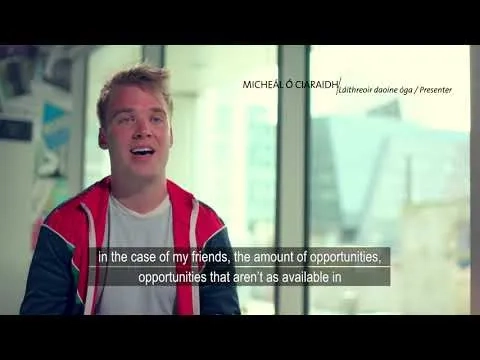Job descriptions and industry overviews
Presenter, radio and television
25 Jan 2023, 13:37
Presenters act as the public face (or voice) on television and radio programmes; they are responsible for introducing and interviewing guests, linking segements, and generally holding the show together.

gradireland editorial advice
This describes editorially independent and impartial content, which has been written and edited by the gradireland content team. Any external contributors featuring in the article are in line with our non-advertorial policy, by which we mean that we do not promote one organisation over another.

